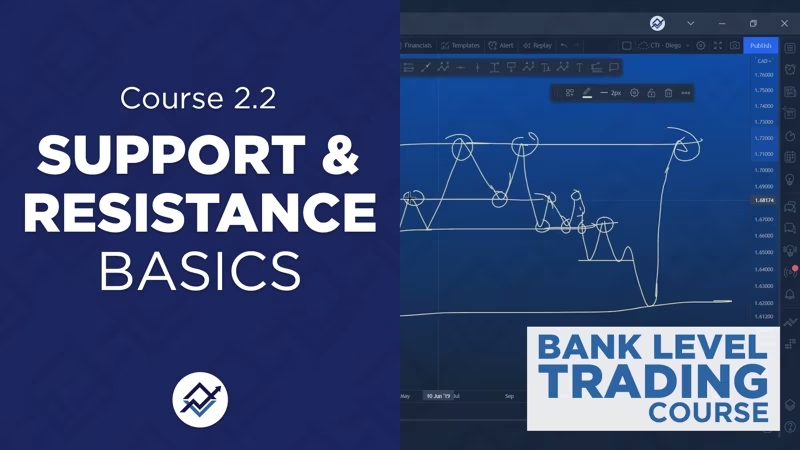Introduction
Navigating the financial markets involves understanding the pivotal entities that facilitate trading: stock exchanges and trading platforms. But what are these entities, and how do they function?
Understanding Stock Exchanges
In simple words, a stock exchange is an organized marketplace where securities like stocks, bonds, and derivatives are bought and sold. The main function of the stock exchange is to provide a transparent and regulated environment for this trading, ensuring that buyers and sellers can transact with trust.
For instance, there are several renowned stock exchanges globally, such as the New York Stock Exchange (NYSE) and the Nasdaq. The UK boasts its own, with the London Stock Exchange being a notable example.
Stock exchanges play four critical roles
Price Determination: They help in discovering the price of securities based on supply and demand. Safety of Transactions: Ensuring that trading is conducted under strict regulations and oversight. Liquidity: Providing a continuous market for buying and selling securities. Transparency: Offering real-time trade information to the public.
Transition to Electronic Trading
With technological advancements, most stock exchanges have adopted electronic trading. Gone are the days when traders shouted their orders across the trading floor. Today, trades are executed electronically, with some stock exchanges, like the Nasdaq, being electronic-only platforms.
Trading Platforms: More than Just Exchanges
A frequent query is the distinction between an exchange and a trading platform. While exchanges are the primary venues for trading securities, trading platforms are the software or tools traders and investors use to place their orders. Platforms can be provided by brokerages, and they offer features such as real-time quotes, charting tools, and news feeds. Recognizing what makes a good trading platform involves looking at its user-friendliness, tools, speed, and reliability.
Regulation and Oversight
Stock exchanges and trading platforms operate under the watchful eyes of regulatory bodies. In the UK, online trading platforms are regulated by entities like the Financial Conduct Authority (FCA). This oversight ensures that platforms maintain fair practices and provide security for traders’ funds.
Why Are Stock Exchanges Necessary?
Stock exchanges have both their proponents and critics. They are deemed essential because they provide companies with access to capital in exchange for giving investors a slice of ownership in the form of shares. Furthermore, they offer liquidity, meaning investors can easily sell their shares when needed.
However, like any financial venture, trading on stock exchanges carries risks. It’s vital for individuals to understand these risks, avoid common mistakes when investing, and make informed decisions.
Final Thoughts
Stock exchanges and trading platforms remain at the heart of financial markets. Whether you’re an individual wanting to try stock trading or someone simply curious about how the markets work, understanding their roles and nuances is fundamental.





